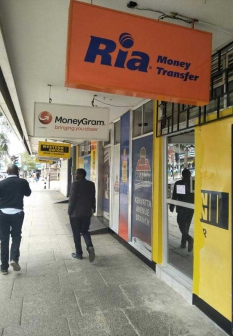×
The Standard e-Paper
Kenya’s Boldest Voice

NAIROBI, KENYA: The empty streets and closed shops that characterised the aftermath of the August 8 General Election saw that month rated as the worst for businesses in four years.
Stanbic Bank’s Purchasing Managers Index (PMI) survey done on procurement officers in the private sector released yesterday dropped to the lowest point last month in its first review of an election year.